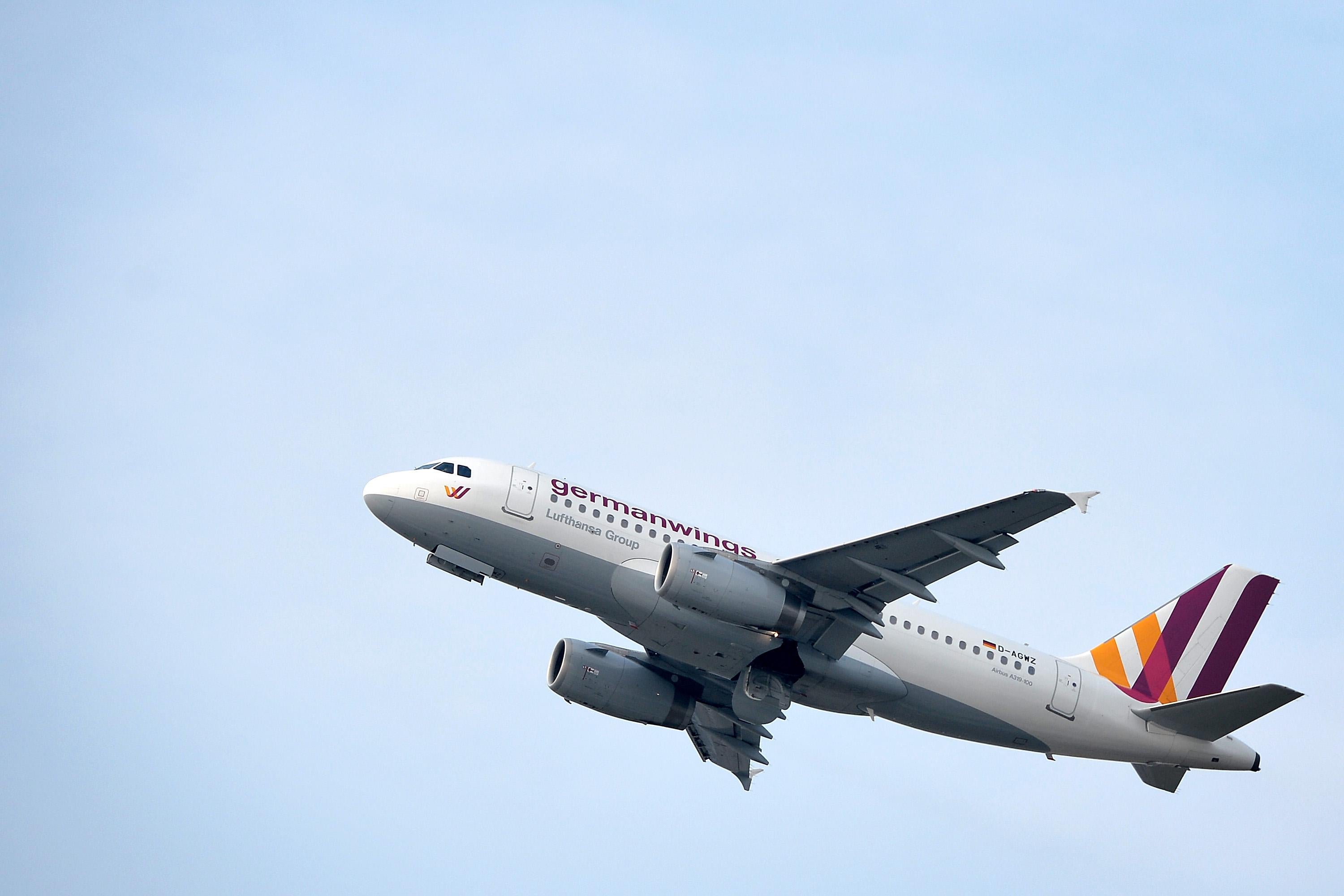Slate will post running news updates about the crash of Germanwings Flight 4U 9525 below.
Update, March 26, 8:55 a.m.: French authorities say they believe that Flight 4U 9525 was crashed intentionally by its copilot, 27-year-old Andreas Lubitz.* Prosecutor Brice Robin says that after the flight’s pilot left the cockpit Lubitz initiated the plane’s loss of altitude and refused to allow the pilot to reenter. From the New York Times:
He said it appeared that the co-pilot’s intention had been “to destroy the aircraft.” He said that the voice recorder showed that the co-pilot had been breathing until before the moment of impact, suggesting that he was conscious and deliberate in his actions. He said that his inquiry had shown that the crash was intentional.
The door of the Airbus A320 involved in the crash, according to reports, could have been opened by the pilot outside via keypad unless it had been actively switched to a “locked” setting by the co-pilot inside the cockpit.
Lubitz’s potential motivations for crashing the plane are unknown.
Original post, March 25, 9:05 p.m.: While investigators are still trying to figure out what exactly happened to the Germanwings flight that crashed into the French Alps on Tuesday, on Wednesday a bit of eerie evidence came from the cockpit voice recorder, which showed that one of the pilots left the cockpit before the plane began its 10-minute, 38,000 foot descent and never returned.
The New York Times is reporting that, according to an investigator, one of the two pilots left the cockpit, and when he tried to re-enter the door was locked, leading him to knock progressively louder. Here’s more from the Times:
A senior military official involved in the investigation described “very smooth, very cool” conversation between the pilots during the early part of the flight from Barcelona to Düsseldorf. Then the audio indicated that one of the pilots left the cockpit and could not re-enter. “The guy outside is knocking lightly on the door and there is no answer,” the investigator said. “And then he hits the door stronger and no answer. There is never an answer.” He said, “You can hear he is trying to smash the door down …” “We don’t know yet the reason why one of the guys went out,” said the official, who requested anonymity because the investigation is continuing. “But what is sure is that at the very end of the flight, the other pilot is alone and does not open the door.”
The plane took off from Barcelona around 10 a.m. on Tuesday morning and last contacted air traffic control at 10:30 a.m. Ten minutes later, however, the plane began to descend at a normal speed, without signaling an emergency, before hitting the side of the mountain killing all 150 onboard.
“A senior French official involved in the investigation, who spoke on the condition of anonymity, said that the lack of communication from the pilots during the plane’s descent was disturbing, and that the possibility that their silence was deliberate could not be ruled out,” according to the Times. “This official said that the lack of communication suggested that the pilots might have been incapacitated as a result of an onboard failure such as a loss of cabin pressure, which could have deprived the crew members of oxygen.”
Read more of Slate’s coverage of the Germanwings crash.
*Correction, March 26, 2015: This post originally misstated that Andreas Lubitz’was 28. He was 27.
